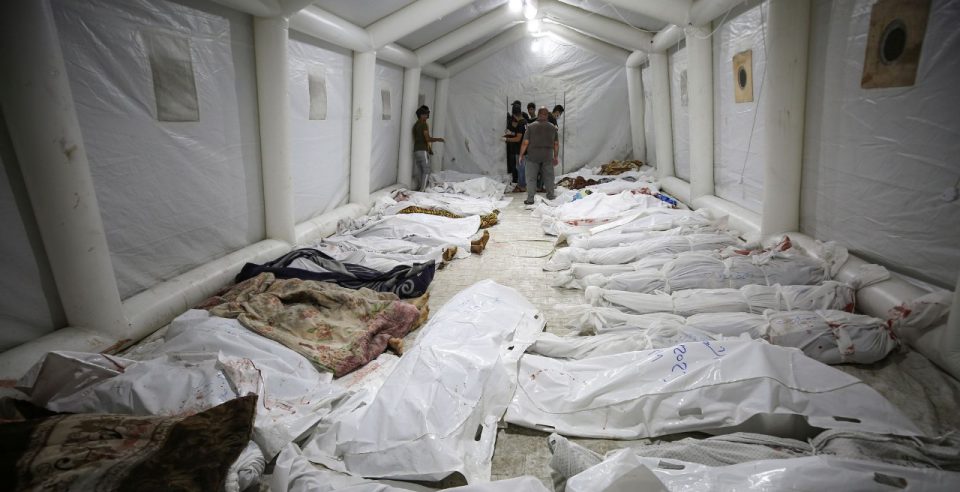The recent upturn of the conflict between Israel and Hamas has resulted in severe suffering in the Gaza Strip. Israeli forces targeted Nofal, a former Hamas intelligence chief, blaming Hamas of attacking Israel. Prime Minister Benjamin Netanyahu held Hamas responsible for both Israeli retaliatory strikes and the increasing civilian casualties, criticizing the group for allegedly using civilians as shields during military operations. In the midst of the conflict, Israeli airstrikes struck the home of Ismail Haniyeh, Hamas’ top political official, in Gaza City, causing the death of at least 14 people, including civilians. The violence escalated further after a Hamas attack in southern Israel, leading to significant civilian casualties. Hamas continued launching rockets into various Israeli cities, exacerbating the crisis.
The impact on Gaza’s population has been damaging. Israeli airstrikes have claimed the lives of over 2,778 people, with 9,700 individuals injured, nearly two-thirds of whom were children. Around 1,200 people are believed to be trapped under rubble. The conflict forced over 1 million Palestinians, almost half of Gaza’s population, to flee their homes, creating a severe humanitarian crisis. Aid organizations warned of an imminent collapse in Gaza, with hospitals losing electricity and hundreds of thousands struggling to find basic necessities like bread and water.
Efforts to provide aid faced challenges. Israel opened a limited-duration water line to the south, benefiting only a fraction of Gaza’s population. At the Rafah crossing, Gaza’s sole connection to Egypt, aid trucks, including food from the World Food Program, were waiting to enter. Civilians with foreign citizenship, many Palestinians with dual nationalities, hoped to escape the conflict zone. Negotiations involving the US, Israel, and Egypt aimed to facilitate aid deliveries through Rafah and Israel’s Karam Shalom crossing, but disagreements over aid inspections and concerns about aid benefiting Hamas hindered progress. US Secretary of State Antony Blinken shifted his tone during meetings with Arab leaders, emphasizing the urgent need for humanitarian aid in Gaza. Worsening conditions raised concerns among Arab leaders about regional escalation, prompting Blinken to press Netanyahu for an aid deal.
As the conflict continues, Iran’s Supreme Leader Ayatollah Ali Khamenei criticized Israel, warning of potential violent reactions across the Muslim world. Israel took precautions along its northern border with Lebanon, due to concerns about clashes with Hezbollah militants. The growing up violence and dire humanitarian situation underscores the urgent need for a peaceful resolution to prevent further loss of life and reduce the suffering of the people in the region.
Photo credit: ABED KHALED/ASSOCIATED PRESS

